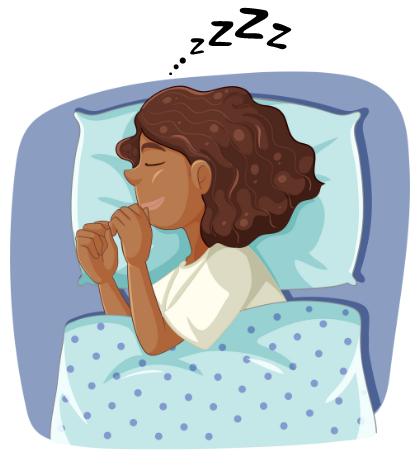
About Us
Led by Dr. Nancy Redeker, the sleep research group at UConn focuses aims to explore factors that influence sleep.Dr. Redeker’s sustained program of research, conducted over more than 30 years, addresses the role of sleep and sleep disorders among adults and children with acute and chronic conditions and the effects of behavioral sleep promotion interventions for clinical and community populations. Her research, funded by the NIH and other sources, includes studies of insomnia treatment in adults with chronic heart failure, treatment of sleep disordered breathing in people with stroke, the contributions of sleep to relapse and retention in treatment for people with opioid use disorder, and studies of sleep among women and young children who live with socioeconomic adversity.
Why women’s sleep health?
Women of childbearing age (WOCBA: 18-49 years) in the U.S. have the highest rates of death from avoidable causes (e.g., adverse pregnancy and cardiometabolic abnormalities), suffer from more chronic conditions, and need more mental health care than women in other high income countries.1 Our research aims to understand how sleep deficiency affects outcomes such as adverse pregnancy outcomes, hypertension, diabetes, and long-term impacts of these conditions. Our long-term goal is to develop a program that will help improve women’s sleep health.

1DeSisto C. L., McDonald J. A. Variation in birth outcomes by mother’s country of birth among hispanic women in the united states (2013). Public Health Rep, 133(3):318-328. https://doi.org/10.1177/0033354918765444